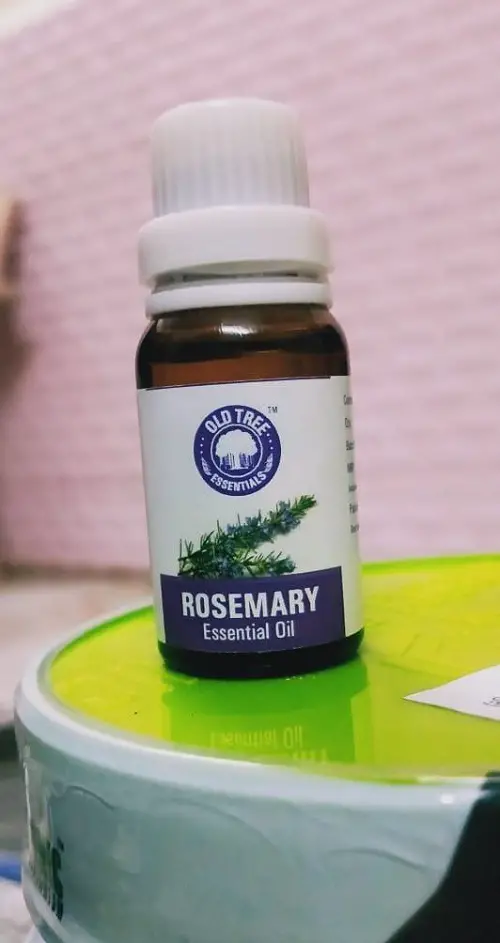You don’t have to stay irritated or scratch away on your skin if you know the right Essential Oils For Insect Bites!
Each essential oil is unique in its purpose, whether for aromatherapy, cleaning, or scents. Thanks to special compounds, many of these are known for repelling insects and as remedies for insect bites. Here are the ones you can use and how to do it the right way!
How Can Essential Oils Soothe Bug Bites?
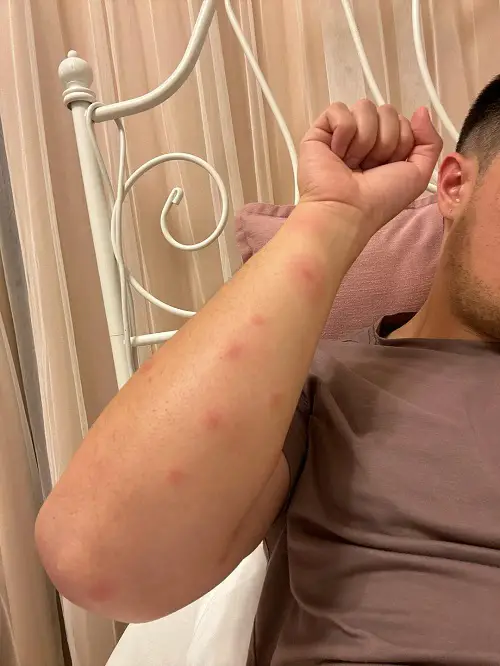
The first few symptoms of a bug bite include itching, pain, irritation, and inflammation. This inflammation is a reaction of the antibodies (histamines) that your immune system produces to deal with the “saliva” of any particular insect. Though not all insects are poisonous, most inject harmful chemicals into your blood that cause painful symptoms.
Since essential oils are natural plant extracts, many have natural antihistamines. This property, alongside anti-bacterial properties, helps to speed up wound healing time while reducing the discomfort of bug bites. You can also use most of these to repel insects in the first place, using topically or on your clothes.
Essential Oils For Insect Bites
1. Basil

First, we have the gentle basil oil, which has anti-inflammatory properties that help soothe irritation from bug bites. Plus, its antimicrobial properties can often be useful against infections as well. Thus, whether you have mosquito bites or bee stings, this essential oil can help prevent infection.
2. Chamomile
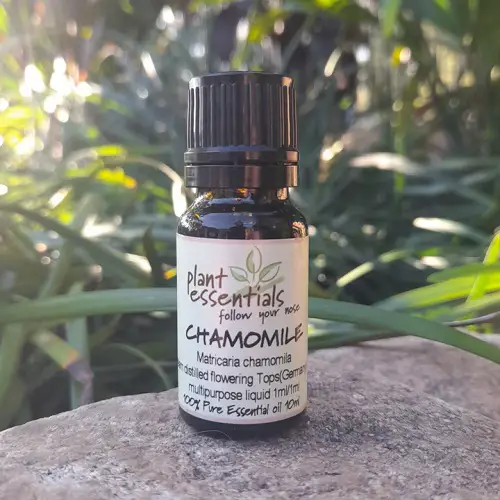
You must have seen skincare products with chamomile as an active ingredient. But why is that? Well, it has soothing and moisturizing properties for the skin, thanks to the compound called α-bisabolol.
It can also help soothe the redness, irritation, and itching, which are often symptoms of bug bites. So, you get a faster wound healing time with chamomile.
A study found that essential chamomile oil could heal bug bites faster than hydrocortisone cream, which is typically used for such symptoms. You can use chamomile oil in a low dose to get relief from bug bite symptoms.
3. Peppermint
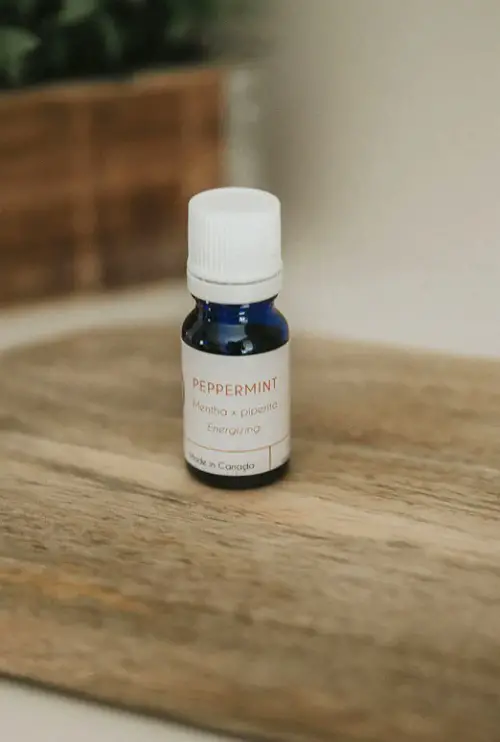
You’re missing out if you only use peppermint essential oil as an insect repellent! Well-loved for its cooling effect, the menthol in peppermint essential oil can also alleviate the burning, stinging, or itching caused by bug bites. The most important part of using this potent essential oil topically is to dilute it. A few drops in a tablespoon of coconut oil will do.
It can soothe itchy, painful burns from adult mosquitoes and even fire ants, reducing inflammation.
4. Lavender
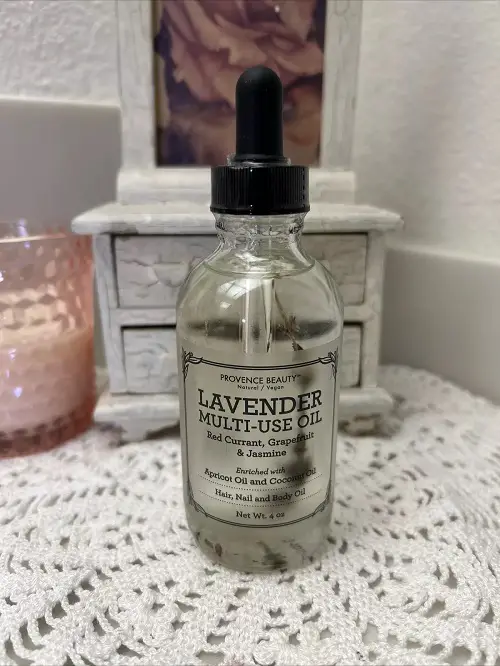
Lavender essential oil is a must-have in every essential oil collection. It is great for treating insect bites and stings, among other benefits. Its healing properties, which soothe and alleviate pain, resemble those of chamomile essential oil.
Lavender’s significant anti-inflammatory properties can help relieve pain for all kinds of bug bites. It is helpful for bites from insects like fire ants, spiders, and bee stings.
5. Tea Tree
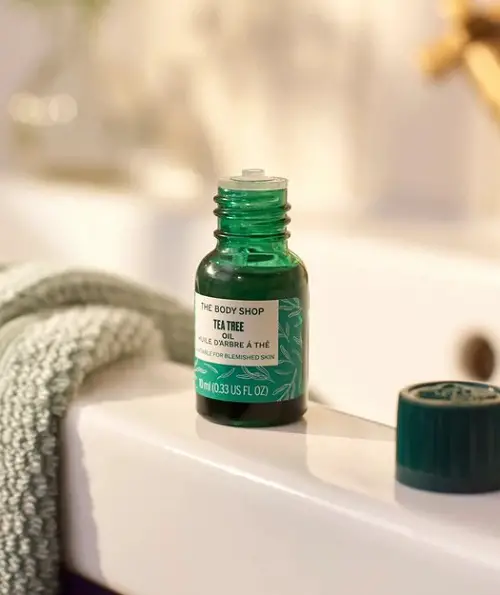
Tea tree essential oil is excellent for preventing infections from bug bites as it inhibits the growth of bacteria on the wound site. Besides its antibacterial properties, tea tree essential oil is also an antihistamine.
The best part is that tea tree oil is effective against all sorts of insect bites, from ticks, fire ants, bees, spiders, bed bugs, and fleas.
6. Rosemary
Like previous essential oils, rosemary oil is also an excellent choice for pain relief for bug bites. And that’s not all! It can also work well to prevent infections in the wound.
How to Use Essential Oils for Bug Bites?

The first rule to using essential oils topically is to dilute them with a carrier oil such as coconut, salmon, or jojoba oil. While you could try creating an essential oil blend for bug bites, choosing ready-made ones from the store will give you options to decide what you like best.
If you have several painful bites all over your body, add 10 to 20 drops of any of the above-listed essential oils to a warm bath. Your wounds will start healing just after a couple of days of use.
Some essential oils are quite potent, so you must use them in moderation, even after dilution. This will prevent allergic reactions to the essential oil itself. And remember, always patch-test diluted oils first, and consult with your doctor before using any for the first time.

